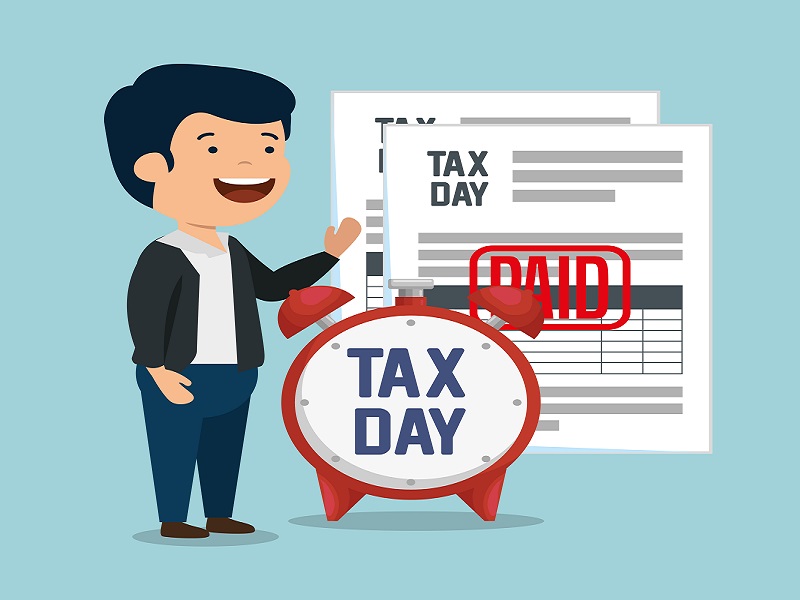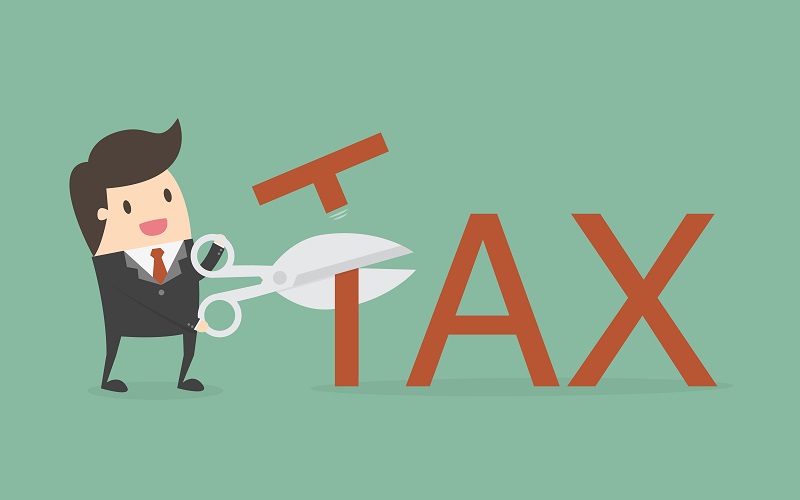The Buyt Desk
Not many know that there are other ways to get tax exemption other than section 80C of Income tax. The Income tax act has many provisions for tax exemption.
As you grow in your career and your earnings increase, your tax slab also increases. Every time you will be paying taxes higher than the previous year. Your tax liability increases year on year as you get promotions and increments. So you need to reduce tax burden by opting for some tax exemptions. There are many ways tax savings can be done. The Income tax act has described many exemptions under various sections. The one that many know is section 80C of income tax act. And there are many who think that this is the only section where taxpayers can save his/her money.
Under section 80C of the income tax act, one can get tax exemption up to Rs 150000/-. Similarly, of up to Rs 50,000 or more in some cases can be saved under section 80D by buying health insurance for self and family members. . Both individuals and HUFs can get benefits under 80C and 80D. Major tax-saving provisions for the common man are under 80C but there are other tax saving options besides Section 80C. Let us look at the alternative tax saving options other than Section 80C.
What are effective ways of saving Income Tax other than Section 80C?
Section 80D – Health insurance premiums
Taxpayers can save tax on the premiums paid towards health insurance. Even the amount spent on healthcare and medical treatments can get you tax deduction. The income that is spent on ensuring the health of taxpayers and his /her family can get a tax deduction under Section 80D, Section 80DD and Section 80DDB. The deduction amount may vary for every individual as the policy is bought. For taxpayers who are senior citizens, the limit is Rs 50000/- and for the rest, it is Rs 25000/- per annum. If a taxpayer is paying both his /her policy premium along with senior citizen parents, then he/ she can get a combined deduction of up to Rs 75,000/- per annum. When both the individual taxpayer and his /her parent are above 60 years old, the deduction up to Rs 1 lakh can be claimed.
Section 80E – Interest paid on education loans
Income tax is exempted on education loan interest paid. You can save tax when you go for an education loan for higher studies for yourself, your spouse or your kids. Section 80E of the Income-tax act permits individual taxpayers to avail of deduction. This benefit can be used either by the parent or kid, whoever is repaying the loan. But the education loan must be from registered financial institutions and not from friends and family.
Section 10(10D) – Payouts from life insurance plans
The amount of sum insured including any bonus that is paid on the death of the insured or on surrendering a policy or on the maturity of the policy is completely tax-free under Section 10(10D) of the Income Tax act. The nominee who receives the policy proceeds and sun assured need not have to pay tax for this amount received. As per Section 10(10D) of the Income Tax Act, 1961, the tax saving can be claimed on funds received through a life insurance plan, including maturity benefit, death benefit and the bonus received. But these have certain conditions to be fulfilled.
Section 80(G) – Donations and Charity
Tax exemption can be claimed on the donations made towards the National Relief Fund. Even charities made towards organizations for social causes can be claimed for tax benefits. The organizations receiving donations should be listed with the Ministry of Finance and have an 80G certificate, for the claims to be made. The purpose of the money is used by the organization to decide if the deductions will be allowed or not. For any claim above Rs 10000/-, the donation should be in the form of a cheque and not cash. Cash donations of only up to Rs 10000/- can be claimed. The citizens of India can save money on tax by claiming deductions for donations made under Section 80G of the Income Tax Act.
Section 80CCD – Investment in National Pension System
National Pension System (NPS) is where you invest in equity and debt pension funds to build a retirement corpus. One can withdraw funds from NPS only after retirement at age of 60. An amount of up to Rs 1.5 lakh deposited in an NPS account is tax exempted under Section 80CCD(1B) of Income Tax. This can be availed by all private and government employees, except for the armed forces.
Section 80GG – Rent paid
You can avail of tax deduction on your rent paid if you are salaried and have an HRA component by your employer. If there is no HRA component but you are still paying rent, the same can be claimed for tax deduction under Section 80GG up to Rs 60,000 per annum. This section can be utilized by self-employed and salaried workers who have no HRA component.
Section 24(b) – Interest paid on home loans
When you buy or build a house for self occupancy, you can avail of tax benefits on the interest paid on the home loan. You can claim tax deduction per annum up to Rs. 2 lakhs interest paid under section 24 of Income tax. And when the house is not for self occupancy, there is no limit on the deduction on the interest paid on the home loan. The principal paid towards the home loan is deductible under section 80C.
Section 80EEA – Interest paid on home loans by first time home buyers
Section 80 EEA under Income tax act, there is an extra benefit for first time home buyers. An additional deduction is available apart from section 24. An additional deduction up to Rs. 1.5 lakhs can be claimed under section 80 EEA. The only condition to avail of this benefit is that the property’s stamp duty value should not be more than Rs 45 lakh.







